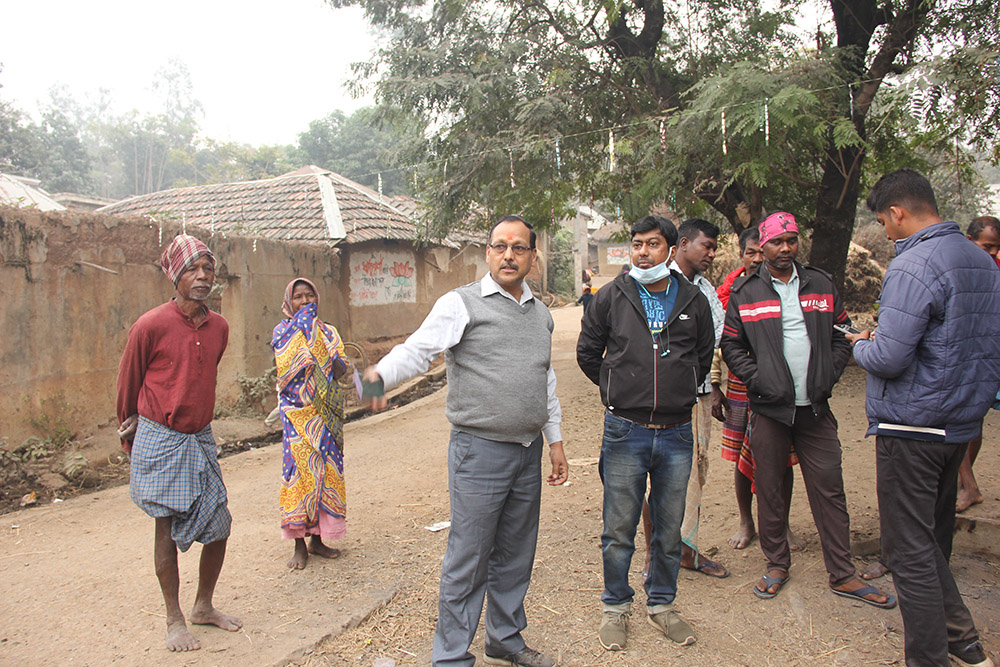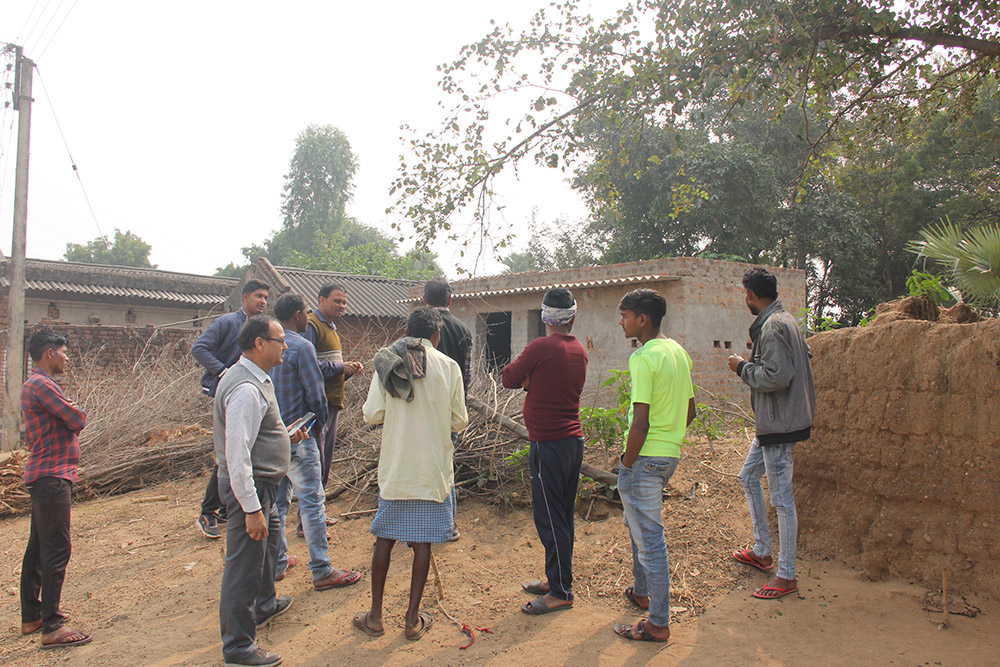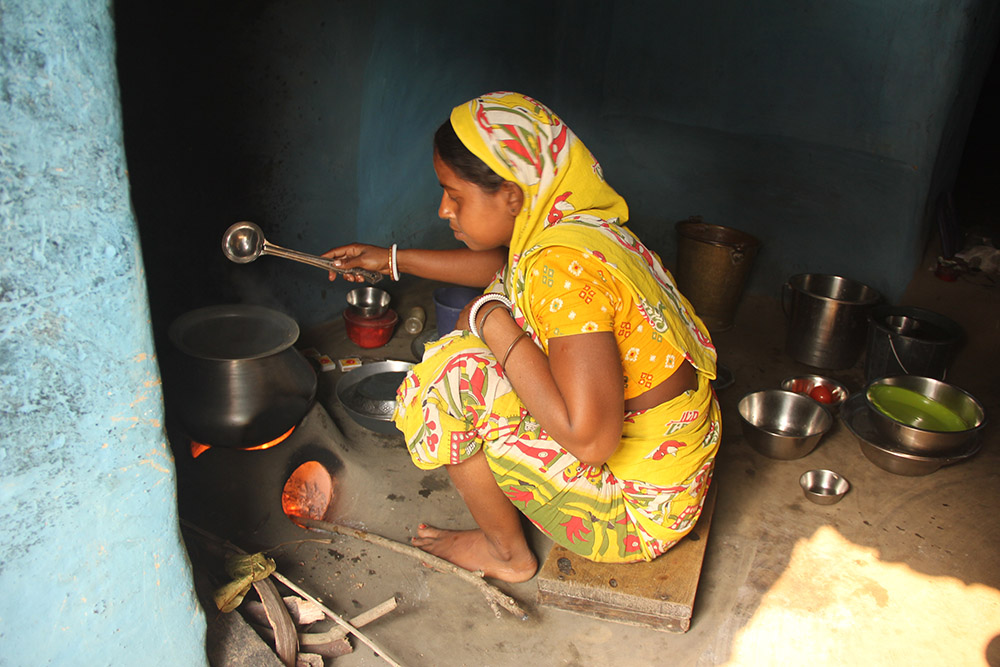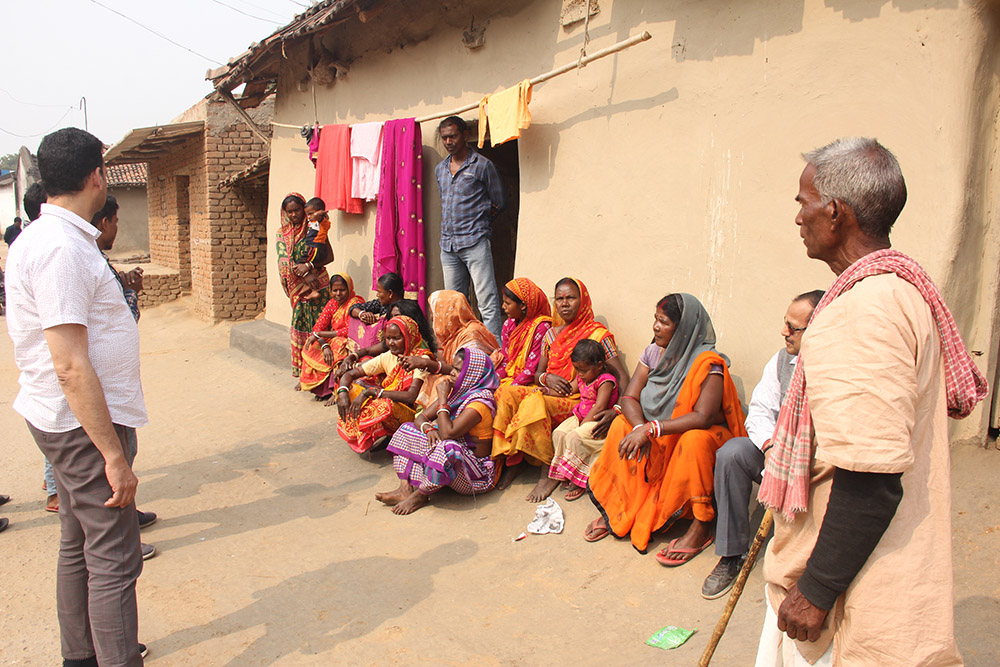Estimate the potential carbon benefit earn by shifting households to improved cookstoves
Indoor air pollution is a critical issue in rural areas. The use of biomass in the traditional household cookstove of the rural areas is also an important source of atmospheric black carbon. Conventional cooking methods have also been reported as important source of ambient air pollution in different cities. Promoting cleaner fuels like LPG to remote rural areas has different issues. In West Bengal, many rural households still depend on cooking in traditional cookstoves using locally available biomass materials. West Bengal Pollution Control Board has taken an initiative to introduce improved cookstoves in rural households to replace the traditional cooking method using the locally available biomass materials. There is a possibility of getting the carbon emission reduction benefit of shifting the households from using traditional cookstoves to improved cookstoves, as the latter significantly reduces the emission of pollutants from using the same biomass materials vis-à-vis the utilization of biomass materials.
TERI is working with the West Bengal Pollution Control Board to estimate the potential carbon benefit that the state government can earn by shifting households to improved cookstoves. The West Bengal Pollution Control Board selected five villages to pilot the study. These are; Tiakati in Jhargram district, Purundi in Bankura district, Balaiadi-Parakidi in Purulia district, Vedapara in Birbhum district and Baramati in Paschim Burdwan district. All selected pilot villages are tribal-dominated and located across the West Bengal-Jharkhand border area. One villagein Sunderban is selected as control area. WEBEL technology Ltd. Is associated in the project to install and operate air quality measurement sensors at selected villages. Most of these villages are NFS adopted village of local Colleges or Universities. These instituions are choosen as local partner in the project.
A team of TERI along with staff from the West Bengal Pollution Control Board and WEBEL technology ltd., Government of West Bengal visited five selected villages in different districts of West Bengal to complete a baseline suvery of households and selection of air quality measurement location at each village between 29 Jan, 2024 and 2nd Feb, 2024. The suitable location of air quality measurement stations at all villages were filanilzed during the visit.
TERI team met with the Chairman, WBPCB, Program Nodal officer, WBPCB and District Magistrate of Paschim Burdwan at Asansol on 2nd of February along with the CEO of WEBEL technology Ltd. It was deided that the later will complete the installation of the sensors by the middle of March in all villages. Meanwhile, TERI and local partners will organize awareness and sensitization programs at villages and local institution levels to train the surveyor and sensitize the villagers to use the improved cookstove to be provided by the WBPCB.
Center for Air Quaity Research (CAQR) and Center for Resource Efficiency and Governance (CREG) of TERI are jointly undertaking the Carbon emission reduction study with the West Bengal Pollution Control Board.





